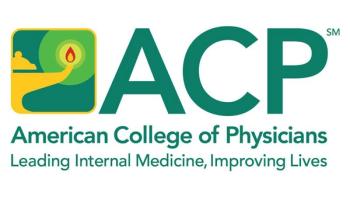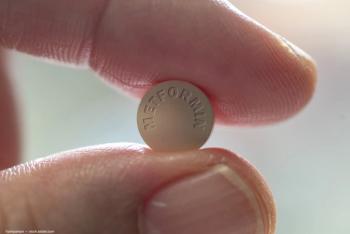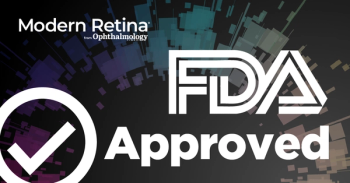
Opus Genetics acquires rights to pair of gene therapy product candidates for inherited retinal diseases
In a news release, Opus said it will advance preclinical development programs for BEST1– and RHO-related retinal diseases. The deal expands the company’s addressable patient population for its novel treatments for rare inherited retinal diseases.
Opus Genetics today announced it has acquired the rights to two preclinical-stage AAV-based gene therapy product candidates for inherited retinal diseases (IRDs) from Iveric Bio.
In a news release, the company said it will develop the novel gene therapy candidates to address bestrophin-1 (BEST1)-related inherited retinal diseases and rhodopsin-mediated autosomal dominant retinitis pigmentosa (RHO-adRP), respectively.
BEST1-related IRDs are estimated to affect approximately one in 69,000 people, or nearly 5,000 people, in the United States.
According to the news release, the BEST1 gene therapy is designed to deliver a functional copy of the BEST1 gene to retinal pigment epithelial cells to produce bestrophin-1 protein and normalize homeostasis between the photoreceptors and retinal pigment epithelial cells. RHO-adRP is one of the most common IRDs, estimated to affect approximately one in 51,000 people, or more than 6,000 people, in the United States alone.
“The addition of these innovative BEST1 and RHO-adRP programs significantly increases the patient population that could benefit from Opus therapies and complements our existing pipeline of gene therapies for inherited retinal diseases,” Ben Yerxa, PhD, CEO of Opus, said in the news release. “Opus is building an engine for addressing multiple IRDs, and deals like this one help us achieve our desire for sustainable growth of our infrastructure, operations, scientific expertise and ultimately our patient impact, with the goal of at least one IND per year.”
The company said in the news release that it anticipates completing additional IND-enabling studies and filing an IND for BEST1 in the second half of 2023.
As part of the deal, Opus will assume responsibility for the global research, development and commercialization of BEST1 and RHO-adRP programs. In exchange, Iveric received an upfront payment of $500,000 and high single-digit percentage ownership of Opus. Iveric is also eligible to receive development and regulatory milestone payments, sales milestone payments, and a low single-digit earnout on net sales of the products. Iveric retains certain rights with respect to the potential future commercialization of gene therapy products for BEST1 and/or RHO-adRP under certain circumstances.
“Affecting over 28,000 people across the U.S., EU and UK, BEST1 and RHO-adRP represent a significant portion of all inherited retinal diseases and an urgent unmet need for effective treatment. IRDs are ideal targets for genetic therapies to stop the retinal degeneration and improve the lives of patients living with severe vision loss or blindness,” said Bart P Leroy, MD, PhD, head of the Department of Ophthalmology, professor of Ophthalmology and member of the Center for Medical Genetics at Ghent University and Ghent University Hospital in Belgium; and attending physician in the Division of Ophthalmology and The Raymond G. Perelman Center for Cellular and Molecular Therapeutics at the Children’s Hospital of Philadelphia.
Newsletter
Keep your retina practice on the forefront—subscribe for expert analysis and emerging trends in retinal disease management.




























